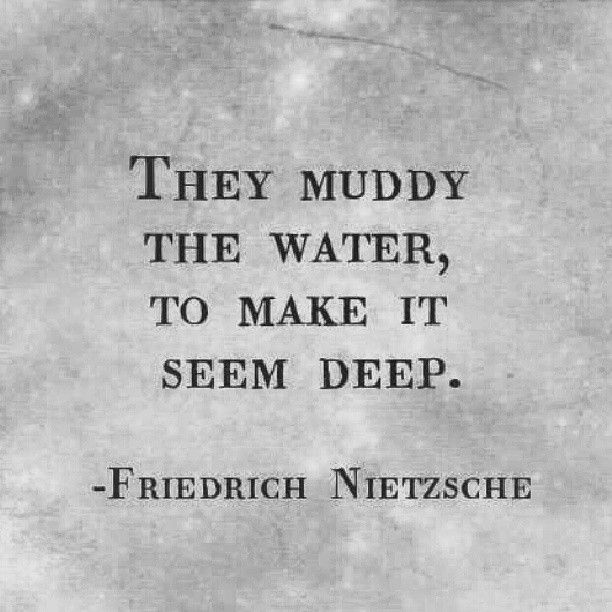I came by this book by accident. Found it laying on a seat in a coach going to the Italian Alps. I decided to give it a try for two reasons. Firstly, I’ve heard about the book and it struck me it was the finalist of the Pulitzer Prize. Secondly, I noticed increasing difficulty in maintaining attention while reading myself. What I hoped to be a winter romance, ended up as a single serving friend, leaving rather mixed feelings.
Why? The topic itself is really interesting and more current than ever. However, the book seems like an essay extended to absurd lengths. Let me take up the challenge and present all the key ideas from The Shallow in brief nine sentences. Here we go…
The book
In the history of mankind, there were three inventions that overhauled the way we think: the clock, the print, and the web. The human brain is neuroplastic and flexible – the most often we use any particular area, the more it grows its neural connections. Additionally, in case of emergency (accident, surgery), some parts can take responsibility for the others. Because of the amount of information we receive nowadays (study from 2009 showed about 34GB a day) we can notice a shift in the way of thinking. We tend to move from deep, focused and thoughtful sessions to multitasking and information skimming. This drove us toward difficulty with maintaining attention in situations that take more time and don’t flourish with stimulation ex. reading longer text forms. Finally, we started treating smartphones as extensions of our brain. It lets us store data, notifications, dates, guide us through a new town and much more. Since it reliefs brain from those tasks, it has a side effect of decreasing neural connections, which leads to difficulty in memorization, disorientation etc.
And there it is… I admit Carr did the homework and well documented every theory with convincing levels of example, mostly scientific research. Surely the way people interact with the Internet has changed and treating it as air, from which we breathe information may result in creating a shallower form of intelligence. The curse of abundance – too much data, too quickly, too divergently, too distractedly, too unassociatively, and with too much finality.
Conclusion
Reading The Shallow in 2019 surely won’t open your eyes. The theories became facts. So does the book became obsolete? Yes and no. Yes, because most of the information depicted in The Shallow as shocking is now taken for granted. And no – it’s more actual than ever as we tend to integrate stronger and stronger with mobile devices, constantly being attached to the web. Is this a bad thing though? It doesn’t make much sense to answer that question, it’s just inevitable.
